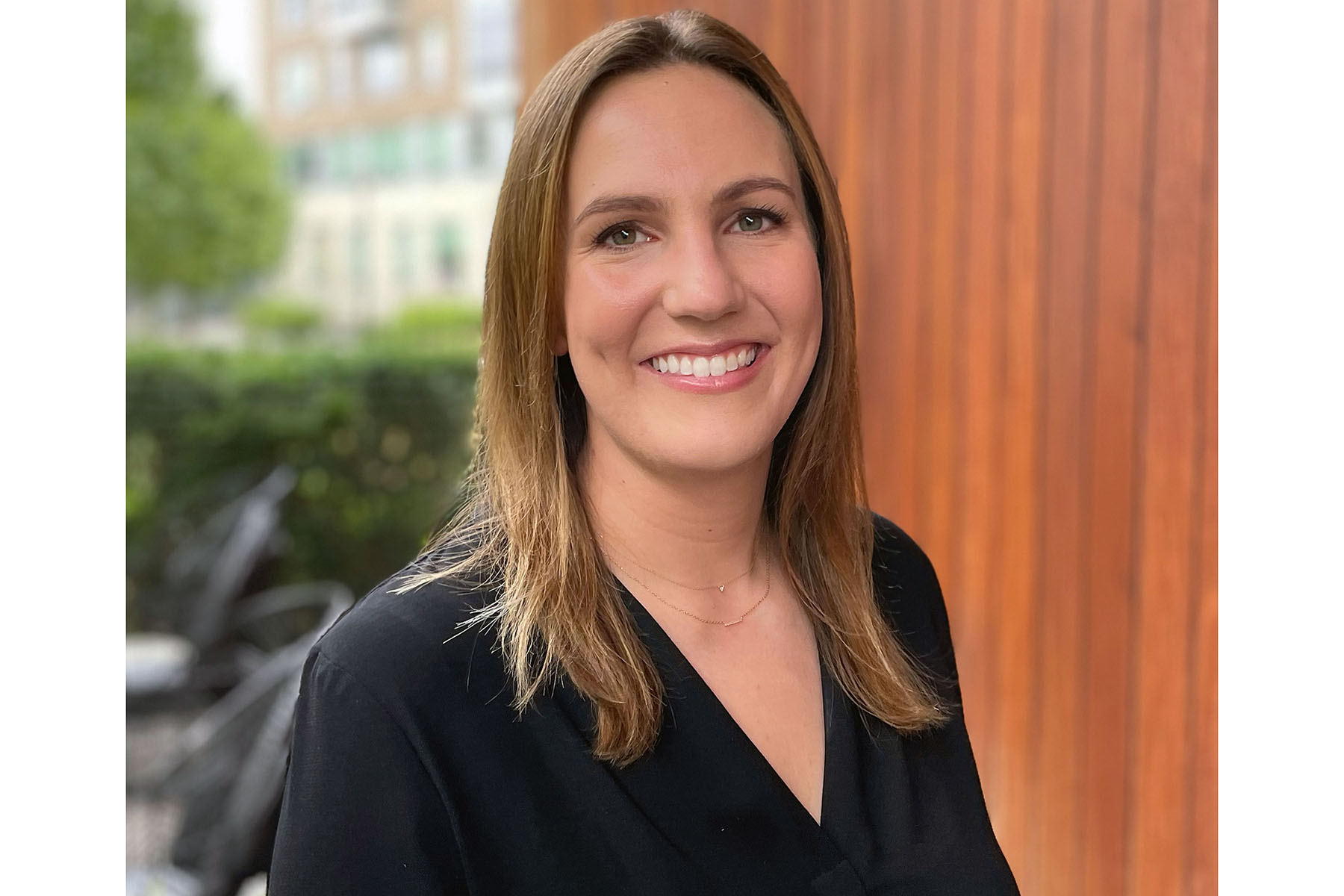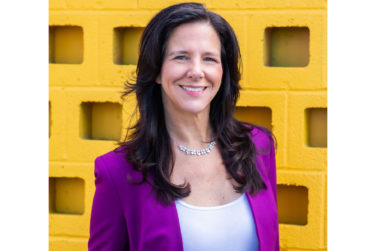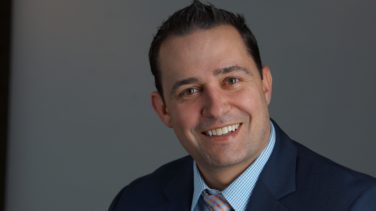Elizabeth Grice, Associate Director, U.S. Patient Marketing Metabolics, Alexion, AstraZeneca Rare Disease
Since social media marketing has become a “thing,” it has been thought of as a microtargeted way of reaching the right audience. Recent technology changes such as Google blocking third-party cookies and Apple limiting data users can share with marketers have shifted the role of social so it is no longer about data and scale. For Elizabeth Grice and the hypophosphatasia (HPP) marketing team at Alexion, social media has become a critical means of education and connection for the rare disease community they support.
Elizabeth and team based their strategy around real patients’ needs. They partnered with their agency to find the closable gaps in information for the hypophosphatasia community. By expanding the brand’s social channels from one to five this year, Elizabeth and team have created an environment where people with HPP can learn about their disease in the way that resonates with them most. Content includes real patient stories, how HPP differs when you transition from childhood to adulthood, explaining HPP to loved ones, and more. The expansion of social has also spread the availability of online information about HPP—a resource this rare disease community has sought for many years.
Social media has also created community in a space where many people with HPP have never met another person affected by the disease. Content drives to other programs, including “HPP Stars” Ambassador Program, “Peer Connects” Mentor Program, and “Unmask HPP” educational meetings. Elizabeth hopes to further expand access to information through other platforms like TikTok so that no matter how rare the disease, those affected by it never have to feel alone.







